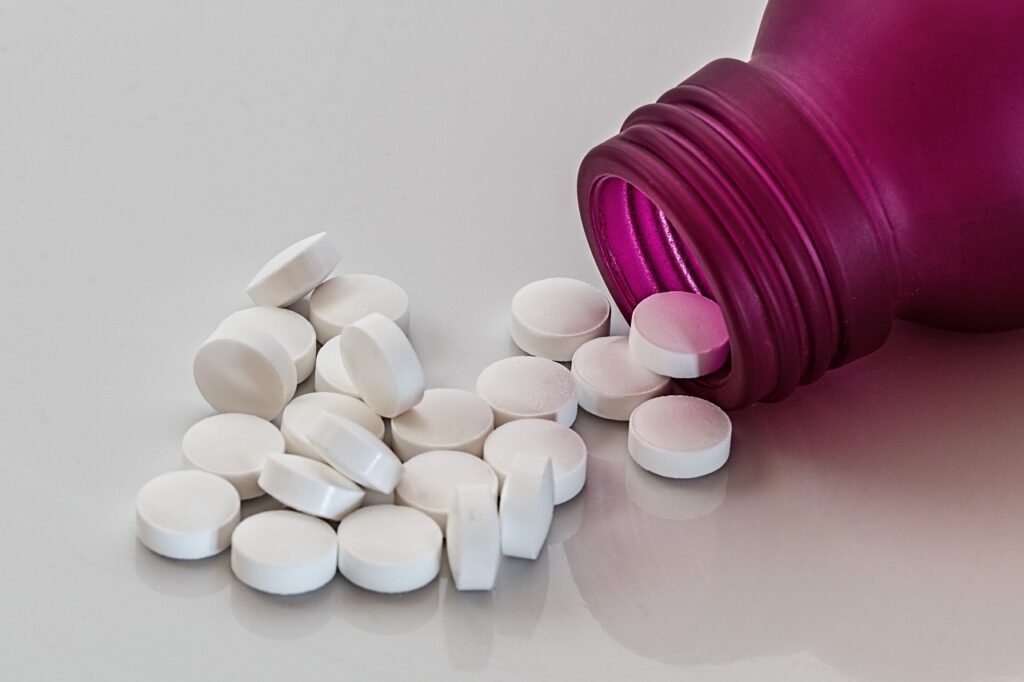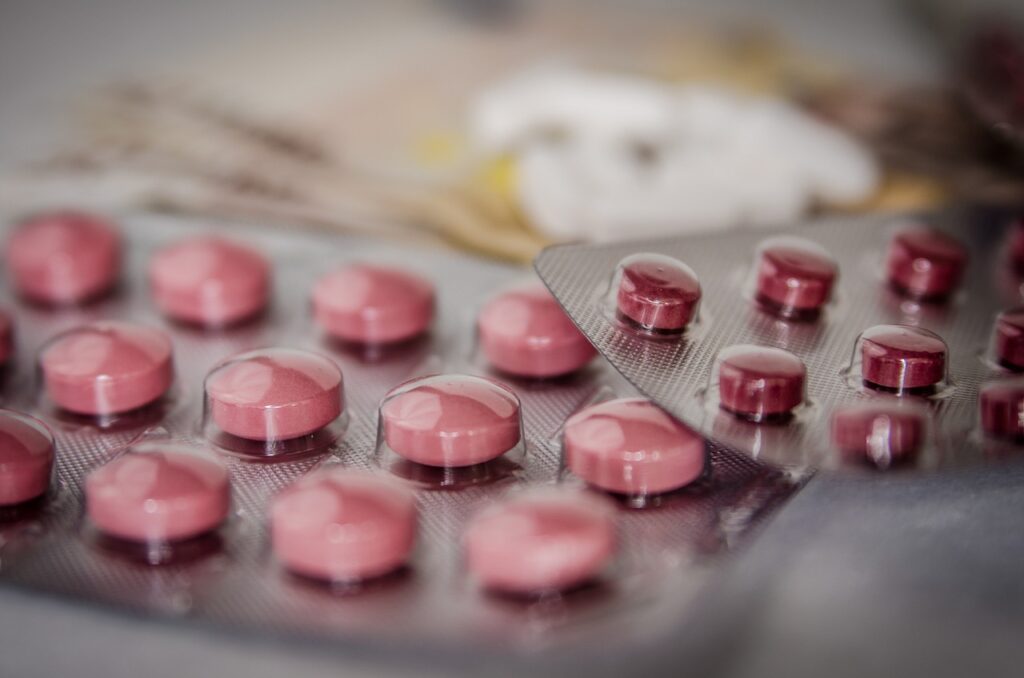20+ Years Experience
Specialist Inpatient Rehabilitiation

Legal high addiction is a growing concern that’s been lurking in the shadows for years.
These seemingly innocent substances, often marketed as safe alternatives to illegal drugs, have the power to wreak havoc on an individual’s life and health.
With this guide, we aim to shed light on the reality of addiction to legal highs, its various forms, and the impact it has on those affected.
Legal highs are psychoactive substances that mimic the effects of illegal drugs such as cocaine, ecstasy, and cannabis.
These substances have been labelled as “designer drugs.” These substances are easily accessible through the internet and are typically affordable, making them even more appealing to users.
The Psychoactive Substances Act aims to regulate and control the distribution of these legal highs.
However, the dark truth is that many of these substances are not tested for human consumption, making them potentially dangerous.
The risks associated with addiction to legal highs are numerous, as users cannot be certain of the effects these substances have on their central nervous system.
Mixing legal highs with other psychoactive substances or alcohol can lead to severe reactions, such as seizures, coma, and even death.
As the popularity of legal highs continues to rise, so does the need for awareness and addiction treatment.
Legal highs are classified into four primary types:
These designer drugs come in various forms, such as powder, pills, capsules, liquids, and substances that can be smoked.
The potential risks associated with legal high consumption include severe reactions and even death when mixed with alcohol.
In the following subsections, we will delve deeper into legal highs and their unique effects and dangers.
Synthetic cannabinoids, a type of synthetic drug, are substances that imitate the effects of marijuana, yet may be more potent and addictive, leading to serious health conditions, vivid nightmares and a false sense of reality.
Addiction to synthetic drugs can develop rapidly, with some individuals experiencing intense withdrawal symptoms after just a few uses.
One of the most popular synthetic cannabinoids is Spice, a highly potent and habit-forming substance that can be lethal in cases of overdose.
Another dangerous synthetic cannabinoid is AH-7921, originally developed as an alternative to morphine in the 1970s.
Marketed as plant food to bypass regulations, AH-7921 has effects similar to heroin, and its use can lead to severe psychological symptoms and addiction.
At least one death in the United Kingdom has been linked to AH-7921 human consumption, highlighting the need for addiction treatment and awareness.
We can offer effective treatment for synthetic marijuana, spice, and other synthetic substances as well as natural cannabis, bath salts and illegal substances. Speak to us today for help without judgement.
Stimulant legal highs, such as bath salts and Benzo Fury, replicate the effects of illicit drugs like cocaine and ecstasy, increasing the likelihood of addiction and overdose.
Known for their ability to induce feelings of excitement, euphoria, and increased energy, stimulant legal highs pose a significant risk when abused.
Some prevalent synthetic stimulants include mephedrone (also known as Meow Meow and M Cat) and flakka (alpha-PVP).
The effects of synthetic stimulants can vary and last for different periods of time, but they are commonly associated with increased energy levels and a sense of euphoria.
Benzo Fury, for example, is known to induce feelings of excitement, euphoria, empathy, and increased energy.
Hallucinogenic legal highs, such as Salvia and N-Bomb, alter perceptions and can cause intense hallucinations, with addiction potentially developing quickly in some cases.
Salvia divinorum, a legally permissible plant, produces altered perceptions and hallucinations, with effects lasting approximately eight hours.
Devil’s weed, a legal high that induces severe hallucinations, can be lethal in large doses and lead to dependency.
Synthetic hallucinogens such as N,N-dipropyltryptamine (DPT), N,N-dimethyltryptamine (DMT) and Benzofury (6-APB, 6-(2-aminopropyl)benzofuran) are illegal.
However, they can be obtained from online research chemical companies.
N-Bomb, a potent synthetic hallucinogen often sold as a substitute for LSD, can lead to hallucinations and euphoria similar to LSD when taken in small doses, while higher amounts can mimic the effects of methamphetamine.
If you are struggling with addiction to a hallucinogenic drug or other illicit substances, please do not hesitate to contact us for help and support. Drug users can become completely drug free with the help of our team
Tranquilliser legal highs, like Etizolam and Methoxetamine, induce relaxation and sedation but can be highly addictive and dangerous when mixed with other substances.
Etizolam, a potent sedative, can cause feelings of calmness and relaxation at lower doses, while higher doses can lead to a lack of coordination, slurred speech, and a significant decrease in cognitive ability.
Addiction to Etizolam can form rapidly, particularly when high dosages are taken regularly.
Methoxetamine, a hallucinogenic substance that produces effects similar to PCP when consumed recreationally, inhibits certain neurotransmitters in the brain, resulting in feelings of excitement and relaxation.
Addiction to methoxetamine is fast-forming. Users may start experiencing withdrawal symptoms after only five uses.
Recognising the signs and symptoms of addiction is crucial for getting help and minimising the negative consequences of legal highs addiction.
Common signs include behavioural, physical, and psychological changes, which can vary depending on the specific substance used.
If you or someone you know is experiencing these intense symptoms, it may be time to seek help from medical professionals for addiction to legal highs.
It’s essential to remain vigilant for indications of legal highs addiction, such as:
Early recognition and intervention can make a significant difference in the recovery process and the individual’s overall well-being.
The dangers of legal high abuse are vast and varied. The recent emergence of new psychoactive drugs has created a lack of research into the long-term effects of addiction to legal highs.
Consequently, the ramifications of addiction to these substances remain unknown.
Additionally, mixing legal highs with alcohol can lead to a high risk of unknowingly ingesting large amounts of alcohol, thereby developing a habit of taking legal highs with alcohol to achieve the desired effects.
Legal high abuse can lead to long term consequences and serious psychological conditions, including:
Other negative effects of these extremely dangerous drugs include:
The potential for fatal overdoses, severe health problems, and negative impacts on personal, social, and professional life further emphasise the importance of addressing addiction to legal highs and seeking appropriate treatment.
If you are addicted to legal highs and other drugs, speak to our team today. We can find the right treatment for you.
Co-occurring disorders, such as existing mental health conditions and substance abuse, can increase the risk of addiction to legal highs.
Individuals with mental health issues may be more likely to become addicted to legal highs, as the euphoric feelings they experience upon taking these substances may serve as a temporary means of coping.
Co-occurring disorders can complicate the recovery process, as those struggling with mental health issues may be more susceptible to relapse and may have a harder time identifying the root cause of their addiction.
Addressing both the legal high addiction and the co-occurring disorder is crucial for a successful and lasting recovery.
Recognising the signs of legal high addiction and seeking help early on is crucial for a successful recovery and minimising the negative consequences of addiction.
If you or someone you know is struggling with legal high drug addiction, it’s essential to seek professional help and begin the journey towards a drug-free life.
Life Works is one of the rehabilitation centres that offer addiction specialists for those suffering from addiction to legal highs.
These specialists provide treatment and much-needed support to help them combat their addiction.
Encouraging your loved one to seek help and providing emotional support throughout their recovery journey can make a significant difference in their ability to overcome addiction and maintain long-term sobriety.
The legal high detox process can involve either cold turkey or gradual withdrawal, with medical supervision recommended due to the unpredictable nature of withdrawal symptoms.
Detoxification can be an uncomfortable and sometimes dangerous process, as withdrawal symptoms can vary greatly depending on the specific substance used.
Rehab treatment centres are typically equipped to manage erratic withdrawal symptoms during the legal highs detox process.
Whether an individual is detoxing from synthetic cannabinoids like Spice or tranquillisers like Etizolam, medical supervision ensures a safer and more comfortable detox experience, setting the stage for a successful recovery.
Various treatment approaches are available for legal high addiction, including residential rehab, outpatient treatment, and support groups.
These approaches involve detoxification followed by therapy to address the underlying causes of addiction.
A residential addiction treatment program is often the most effective option, providing an intensive and structured environment for recovery.
Therapy at rehabilitation centres like Life Works can assist clients in:
By tailoring legal highs addiction treatment to the individual’s specific needs, rehabilitation programs can provide the support and tools necessary for overcoming addiction and maintaining long-term sobriety.
Supporting a loved one with legal high addiction involves recognising the signs, encouraging them to seek professional help, and providing ongoing support throughout their recovery journey.
If you suspect that someone you know is dependent on legal high drugs, it is important to communicate your concerns and assure them of your support.
Offering support to a loved one struggling with addiction can make a significant difference in their recovery. Here are some ways you can help:
Remember, it’s important to prioritise their well-being while also taking care of yourself.
Legal high addiction is a complex and often misunderstood issue, with serious consequences for those affected.
By understanding the various types of legal highs, recognising the signs and symptoms of addiction, and supporting loved ones through their recovery journey, we can help combat this growing problem and promote healthier, drug-free lives.
Let’s work together to raise awareness and provide the necessary resources for those struggling with legal highs addiction.
Synthetic cannabinoids, stimulants, hallucinogens, and tranquillisers are the four primary types of legal highs.
These substances are often used recreationally and can be found in a variety of forms, including powders, pills, and liquids.
They are often marketed as “safe” alternatives to illegal drugs.
Legal high addiction can manifest itself through behavioural, physical, and psychological changes.
It is important to be aware of the possible signs of addiction as they may vary depending on the substance used.
For example, someone who is addicted to a legal high may experience changes in their sleeping patterns, increased irritability, and difficulty concentrating.
Legal high abuse can lead to a range of dangerous consequences, such as unknown long-term effects, potential for overdose and severe health issues.
It also has profound negative impacts on personal, social and professional life.
For legal high addiction, treatment approaches such as residential rehab, outpatient treatment, and support groups are available, all of which involve detoxification followed by therapy.
Detoxification is the process of removing the substance from the body, and therapy helps the individual understand the underlying causes of their addiction and develop strategies to cope with intense cravings and triggers.
Support groups provide a safe and supportive environment.
To support a loved one with legal high addiction, recognise the signs of legal high addiction, encourage your loved one to seek professional help, and provide ongoing support throughout their recovery process.
It is important to be aware of the signs of addiction and to be supportive of your loved one’s recovery journey.
Encourage them to seek professional help and provide ongoing support throughout the process.
There are a range of other services that we can provide. Have a look at the list below for more information:




















We Aim To Reply To All Enquiries With-in 24-Hours